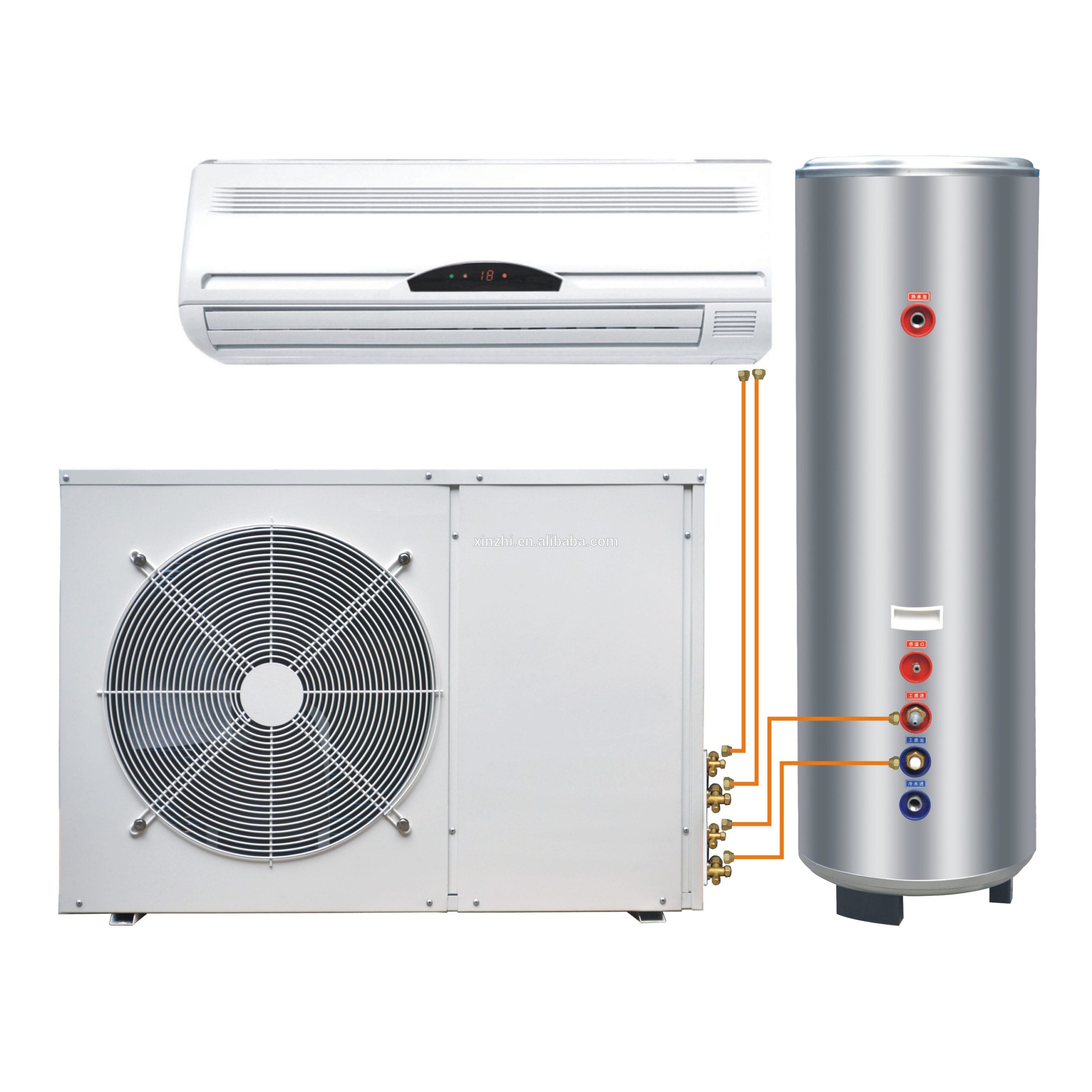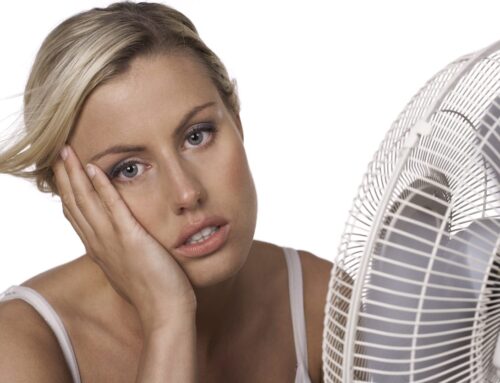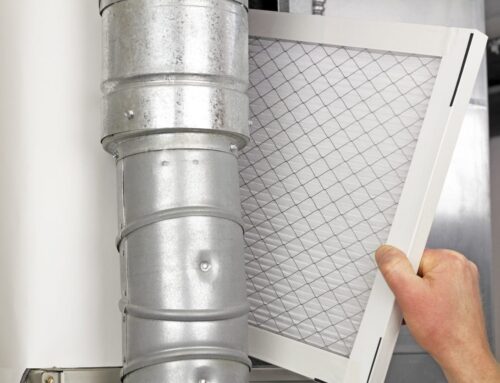
At Superior Co-Op HVAC we are passionate about energy saving technology that will pass monetary savings to our customers. We have been following the information trail and seeing the results of the heat pump water heaters performance and savings. We stand behind this product 100 percent and so does National Grid! With the rise in the cost of energy this winter, you may be looking for ways to cut costs. Or maybe you are just tired of your old and outdated water heater and are looking for a serious upgrade! Either way, the heat pump water heater is what you should be looking into! We found this article from nrdc.org and just had to share what they have to say on the subject.
Study Shows
A new NRDC study shows that water heaters that use high efficiency heat pump technology—the same process that keeps your refrigerator cold—can cut the amount of electricity used to heat water by half or more, saving significant amounts of energy and money on your household electricity bills.
Hot water production is the second-largest component of home energy consumption after space heating, accounting for 13 percent of total residential energy use. In the United States, 41 percent of households have conventional electric water heaters, which use electrical-resistive heating elements immersed in the tank to heat the water. That’s a big chunk of building sector energy use ripe for reduction by applying energy efficient technologies—and a critical step on our path to reducing U.S. carbon emissions from the fossil fuel-fired energy production that is driving climate change. It also can make a huge difference on your electric bill.
Heat pump water heaters use the same technology as refrigerators—but in reverse. Instead of removing heat from inside the refrigerator and releasing it into the room, heat pump water heaters move heat from the air into the water tank. Because they rely on gathering heat from the air, their performance varies with air temperature, between warm climate regions and cold regions, and in different installation locations, like a basement or vented closet. This also means that the U.S. Department of Energy test method to evaluate heat pump water heater electricity consumption and efficiency, which uses “standardized conditions” in a laboratory environment, is not representative of the actual “field” performance in homes in different regions.
NRDC Partnership
That’s why NRDC partnered with Ecotope to model and analyze the performance of three different types of electric water heaters: conventional electric water heaters; “hybrid” heat pump water heaters, which use heat pump mode most of the time but have a back-up resistive heating element for when the air temperature is too cold or the hot water demand is too high for the small heat pump to do the entire job on its own; and “pure” heat pump water heaters which use a larger capacity heat pump and don’t need a backup resistive heating element. For each, we calculated the coefficient of performance (COP)—the amount of energy delivered as hot water divided by the amount of electrical energy used by the water heater. For example, a water heater with a COP of 2 is twice as efficient and uses half of the electricity of a water heater with a COP of 1. In our analysis, we looked for the effects of climate regions across the 50 states and across California’s 16 climate zones, installation location within the home, tank size, and hot water usage rates. Here’s what we found (and you can find more detailed results here):
- Hybrid heat pump water heaters use less than half as much electricity as a conventional electric water heater. Pure heat pump water heaters are even more energy efficient, using less than a third as much electricity as a conventional electric water heater.
- Heat pump water heaters are most efficient in warmer climates, but even in cold climates states like North Dakota, heat pump water heaters still use only half as much electricity as conventional electric water heaters.
- Pure heat pump water heaters are more efficient than hybrid models that use back-up resistive heating elements. For hybrid heaters, size matters: larger, 80-gallon hybrid water heaters are more efficient than the smaller 50-gallon versions, particularly for households that use more hot water than average, such as those with more than three people.
- Installation location in the home matters, too—and it varies with climate regions. In cold climates, heat pump water heaters perform best when installed in the basement rather than in a garage or vented closet. In warm climates, a vented closet or the garage is the best choice.
- Hybrid water heaters are most efficient for two- to three-person households; in larger households that use more hot water, efficiency is lower because the higher hot water demand means the back-up resistive heating element is used more often. For pure heat pump water heaters, efficiency is higher in large households than in small ones because standby losses (the background heat losses from the tank even when no hot water is used) are relatively smaller.
Heat pump water heaters are more expensive to buy and install than conventional electric water heaters (although utility rebates and tax credits may be available to reduce this cost). However, because they are so much more efficient, the lower electricity bill will more than cover the difference. Over the typical 13-year life of a water heater, total cost for purchase, installation, and operation of a 50-gallon hybrid water heater can be up to 60 percent lower than for a conventional electric water heater depending on electricity rates and the coefficient of performance.
If you are ready to kick off the process but the cost is giving you a momentary pause, click here for a rebate form from National Grid that will help you to defray some of the upfront cost! If you have any questions, we are always happy to answer them! Be sure to contact us today for all of your HVAC needs!
Save More, Stay Informed!
Sign up for our newsletter and be the first to receive:
✅ Exclusive Sales & Rebates on Mitsubishi Heat Pumps.
✅ Industry News and Expert HVAC Tips.
✅ Updates That Help You Save Energy and Money.






